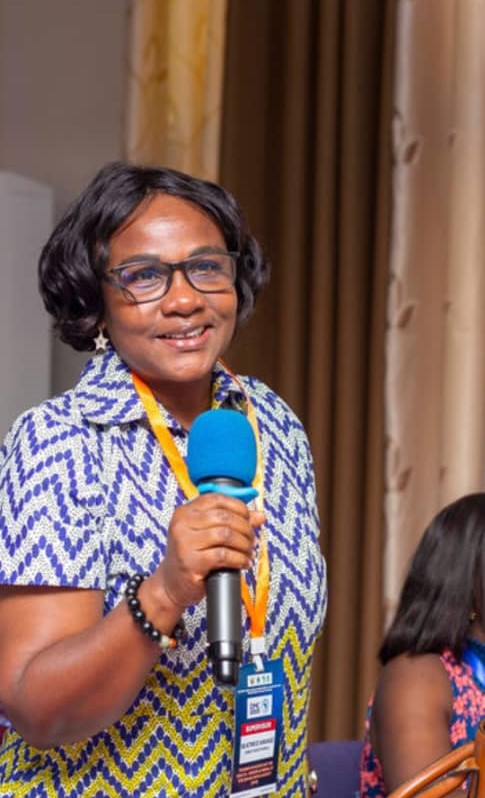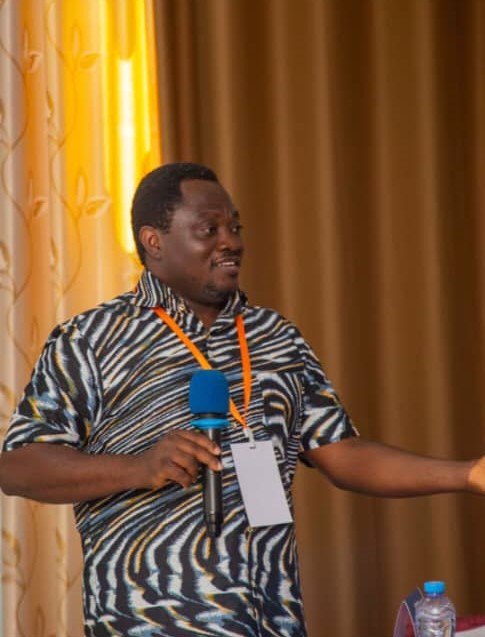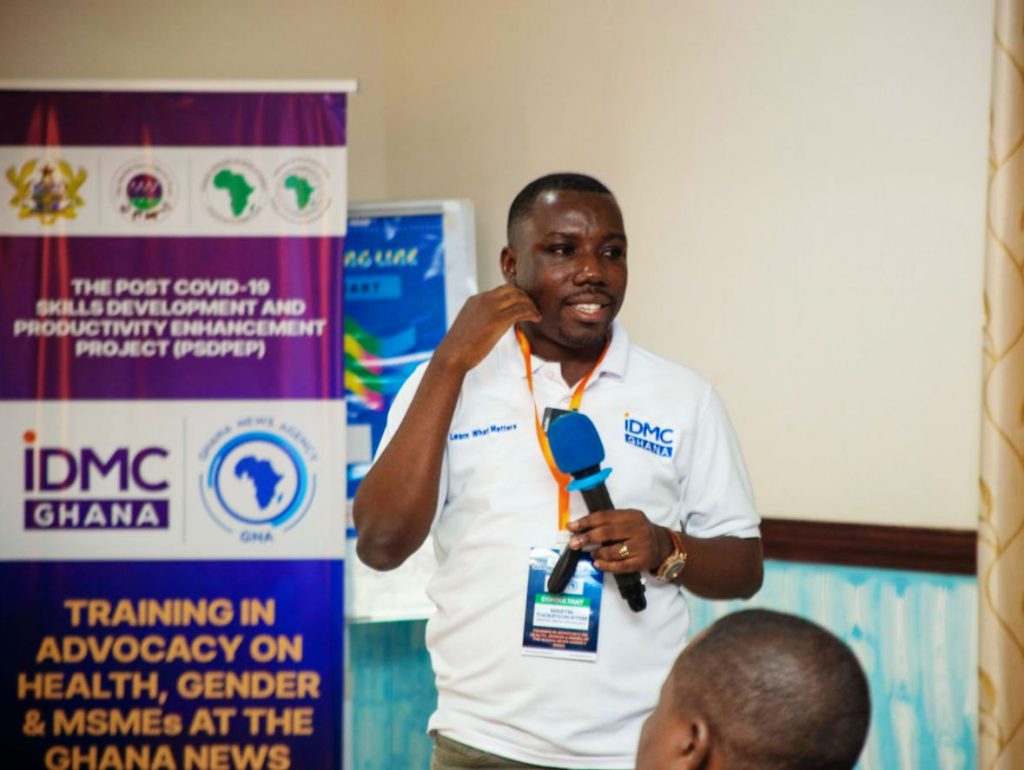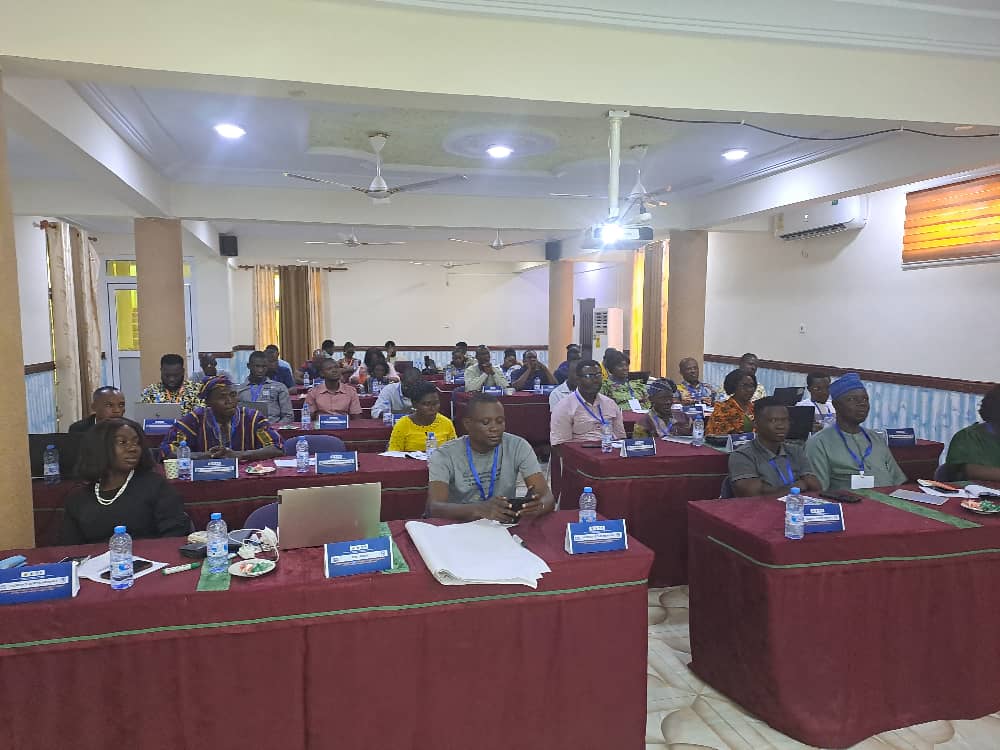By Rosemary Wayo
Tamale, Sept. 11, GNA – More than 40 journalists and editors of the Ghana News Agency (GNA) have begun a four-day skills development training to equip them effectively to advocate Micro, Small, Medium Scale Enterprises (MSMEs), public health and climate-change related issues to facilitate Ghana’s economic recovery.
The training, being held in Tamale, is also aimed at empowering participants to champion gender equality issues towards holistic human resource development.
Designed to enhance the role of journalism in Ghana’s recovery and rebuilding efforts after the pandemic, the training forms part of the Post Covid-19 Skills Development and Productivity Enhancement Project (PSDPEP).
The PSDPEP is a Government initiative, funded by the Africa Development Bank, and executed by the Social Investment Fund, over a five-year period.
The Ghana News Agency is one of the five beneficiaries.
The participants are from the northern and middle zones of Ghana – the first of the four phases.

The Institute for Digital Marketing and Communication (IDMC) Ghana is running the training.
The participants will hone their advocacy skills in developing impactful audio visual content for effective public health communication, private-sector growth, climate change and sustainable development and gender advocacy and mainstreaming.
Addressing the participants, Beatrice Asamani Savage, Director of Editorial, GNA, explained that the GNA was selected because of the vital role it played in telling the nation’s story with credibility and professionalism.
She noted that the GNA was one of five beneficiary institutions of the PSDPEP, which is a $24 million initiative funded by the African Development Bank, towards revitalising Ghana’s economy.
She said the project which focused on enhancing health sector, promoting gender parity, supporting women’s empowerment and addressing climate related issues, would reflect participants’ contribution to the project objectives.
She emphasised the project’s ability to bolster private sector development through promoting Micro, Small and Medium Enterprises (MSMEs).
She referenced a speech delivered by Dr Kwame Nkrumah in 1965 at the GNA, emphasising the pivotal role of journalists played in nation building.
It was, therefore, an imperative for journalists to ceaselessly update their scientific knowledge and understanding of their communities and beyond to be impactful.

Mrs Savage encouraged the participants to embrace the opportunity to learn, unlearn and re-learn towards contributing effectively to the nation’s development.
Mr Charles Yao Mawusi, a Communications Consultant at IDMC Ghana, who handled Advocacy, said as the voices of the vulnerable, journalists should champion causes that would better their lots.
Advocacy journalism should be used to influence public opinion and policy formulation on pertinent issues that would result in social justice, social reforms and the promotion of human rights.
He encouraged journalists to fact-check information prior publication, saying that they should humanise their stories and use data and info graphics for effective communication.
Dr Martin Ntem Thompson, Digital Media Specialist at IDMC Ghana, admonished journalists to highlight practices that triggered rapid climate change and their effects.

They should also champion the adoption of mitigating and sustainability practices and green technology.
He said crafting compelling stories on always creating a balance among social, economic and environmental needs of the society when formulating and implementing development projects should be their passion.
Dr Nii Hanson-Nortey, a Health Specialist at the IDMC Ghana, enlightened participants on health communication and infectious diseases and how to manage sensitive public health information in the public interest.
The training sessions were very interactive and insightful.
The three other programmes will be held in the Volta, Eastern and Greater Accra regions.

GNA